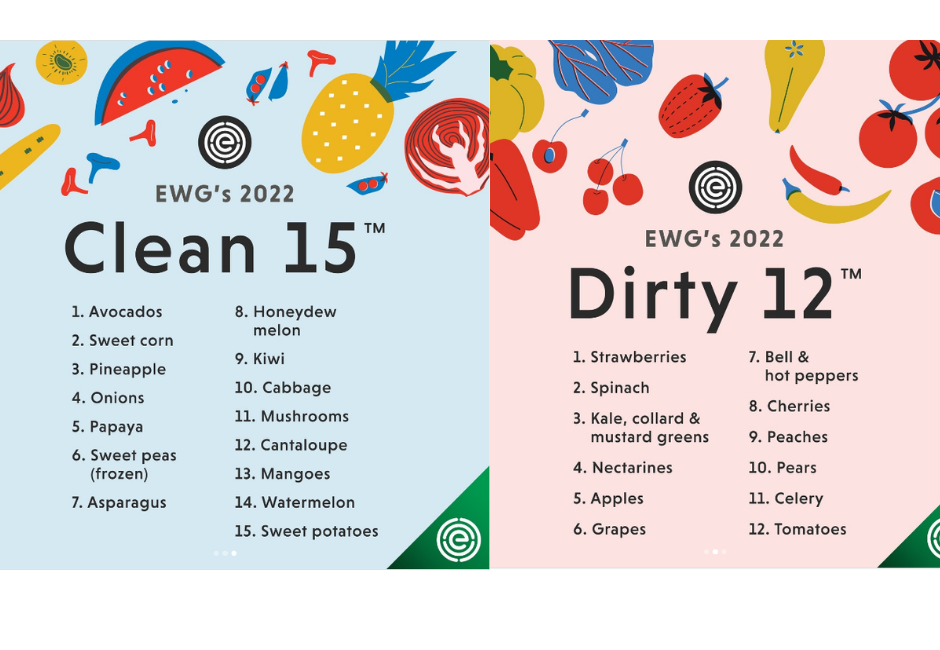Nutrition — the topic that has become as taboo and opinionated as politics, religion, and your COVID vaccine status! From the Carnivore Diet to the Vegan diet, Low carb to Low fat, we are constantly barraged with the ‘new best diet’ that promises to melt away body fat and make you healthier than ever.

But if you’re like 99% of people, the promises never quite deliver. For many of these fad diets, the heavy promotion is just a tactic to sell books, meals, or supplements. We also know that you are a unique individual; so what works for one person may not necessarily work for you.
Over the next two emails, we are going to give you our take on the best pattern of eating for long-term health.
- What components make up a good nutrition plan?
- What is the secret sauce to making a nutrition plan work best for you?
So, what are the basic foundations of a proper eating plan? We generally advise avoiding diets that take an all-or-nothing approach, vilify major nutrients or food groups, or ask that you purchase their meals/supplements. When evaluating a nutrition plan, make sure it includes the following basic principles:

- Plant-focused: there’s a reason why all doctors recommend increasing vegetable intake. The nutrients, phytochemicals, and fiber in these foods are PERFECT for the body. Be sure to eat a variety of colors, too!
- Whole and unprocessed: If it has a nutrition label, it has undergone some form of processing. Rely on foods that you would find growing in nature, such as whole grains, beans, fruits, and grass-fed/pasture-raised meats. If there is a nutrition label, look for products that have the least number of ingredients (and only ingredients that you can pronounce!).
- Healthy fats: Certain types of fat are important for your heart, mind, and body. Try to focus on fats that come from fish (salmon, sardines, herring, anchovy, and mackerel are best), nuts, seeds, olive oil, and avocado oil. Be careful with nuts and oils if weight loss is your goal, as calories can add up.
- Healthy carbs: Carbs get a bad rap, but it’s the type of carbohydrate that matters most. Whole grains like wheat berries, quinoa, farro, bulgar, amaranth, and wild rice are wonderful for the body, filling, and provide a lot of necessary fiber. These complex carbohydrates are very different than simple carbohydrates like refined white flour and sugars, which should be limited.

High-quality protein: If your meat was treated nicely, it’ll be nicer to your body. Focus on leaner, grass-fed, pasture-raised, and local meats. Beans, lentils, tofu, and tempeh are also delicious sources of plant-based protein. Processed meat, like bacon, hot dogs, sausage, cured meat, and deli meat are bad actors when it comes to health — the additives and preservatives in these meats are known to contribute to a variety of cancers and other health problems. Meat-alternatives like the Impossible Burger are also not any healthier than the real thing.
Minimize added sugars: All types of added sugar, from high-fructose corn syrup to coconut sugar, are the same once broken down in the stomach. These molecules tend to increase inflammation and lead to chronic health problems. Read nutrition labels to limit your intake of these added, unnecessary sugars.
Meal timing: When you eat may be more important than what you eat. Your gut is on a cycle just like your sleep — it works best breaking down foods during certain parts of the day. Try to avoid any calorie intake 2-3 hours before bedtime and at least one hour after waking.
Lastly, the quality of your food matters most: well-cared-for meat, organic produce, and locally sourced foods. For organic vs non-organic produce, I recommend first sticking with the Environmental Working Group (EWG) “Clean 15”, the foods that are safer eating non-organic, and “Dirty Dozen”, the foods we should focus on purchasing organic only.

For more information, look no further than the following books. They have been my guiding force in learning more about proper nutrition and health:
–In Defense of Food by Michael Pollan (he also has a spark notes version called Food Rules if you don’t like reading. It took me 30 minutes to finish!)
–Authentic Health by Dr. Gus Vickery (No brown nosing here! It’s perfectly written for patients, and you can probably get a free autograph!)
How we can help?
- You can work directly with our health coach! Health coaching can be a great way to provide some guidance and accountability when making changes for your health. You can check out the health coaching packages on our website and sign up (https://authentichealth.com/add-on-services/)
- Our precision medicine programs are designed to give you the most comprehensive assessment of health that is personally tailored to you. Using genetics, extensive blood work, and health coaching, you will gain valuable insights into your best diet and exercise plan, your health risks, and personalized strategies to improve your health. You can check out our precision medicine packages here and sign up (https://authentichealth.com/precision-medicine-primary-care/)









1 Comment